30 years FP
The FoE in dates
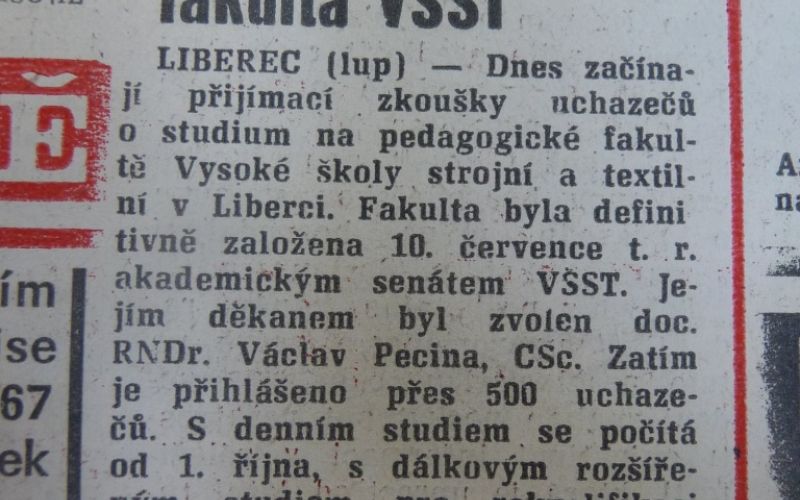
There had been a complete lack of teacher training in Liberec since 1964, when the Pedagogical Institute was abolished. This meant there were not enough qualified teachers in the region. Thus, the creation of a new institution to provide teacher training was a foregone conclusion. The founding charter was signed at the meeting of the Academic Senate of the College of Engineering and Textiles of VŠST on 10 July 1990. The first dean of the then Faculty of Education was the mathematician doc. Václav Pecina.
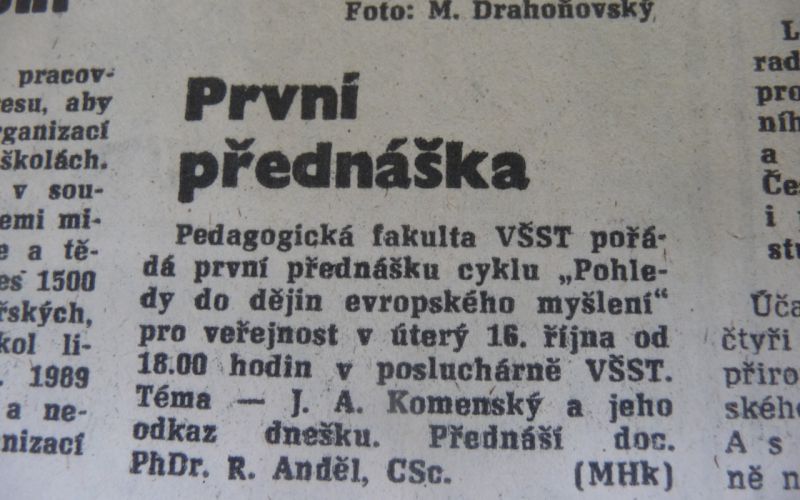
The first year of the newly set up faculty saw 516 applicants apply. At the end of July 1990, there was an admission procedure to select 64 students to enter the four-year master's degree in teaching for the second stage of primary school beginning on 1 October 1990. Four years later, the summer of 1994 saw the first 23 students to graduate.
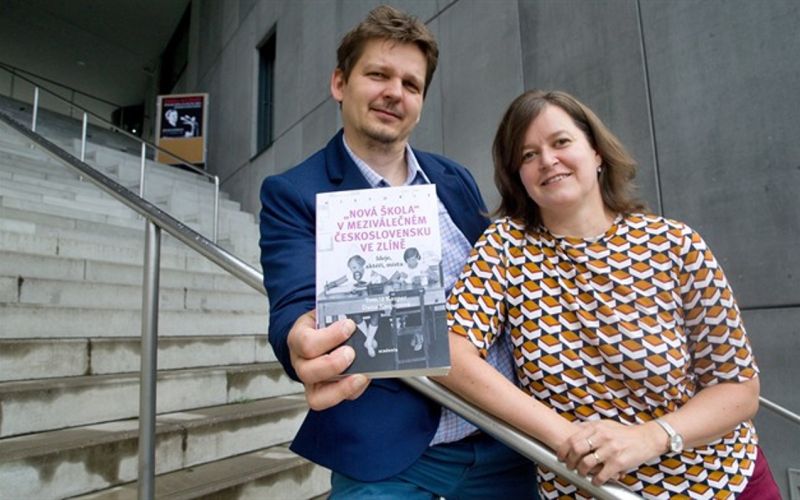
The Department of Education and Psychology draws on both its tradition and the many areas of its current creative activity. Through its activities, it endeavours to be part of a multilayered professional dialogue with other departments at the TUL Faculty of Education that have pedagogical practice as well as with "its" students.
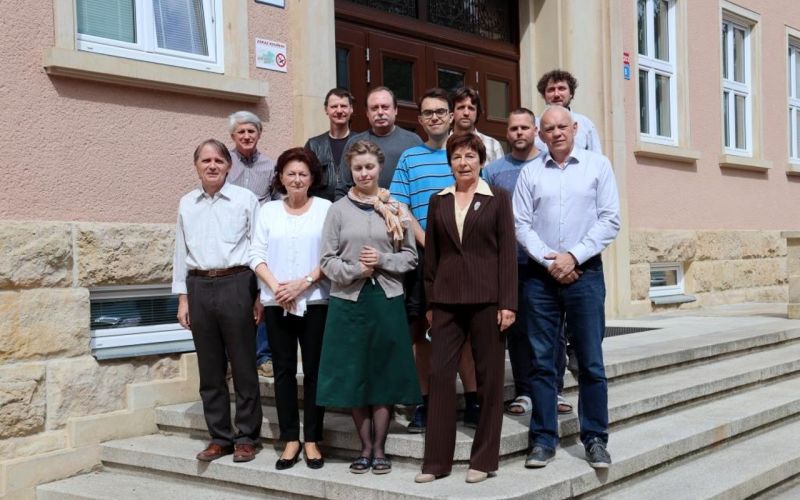
When the Faculty of Education was set up in the summer of 1990, the Department of Physics was one of the Faculty’s founding departments. A separate Department of Physics had been established in 1962.
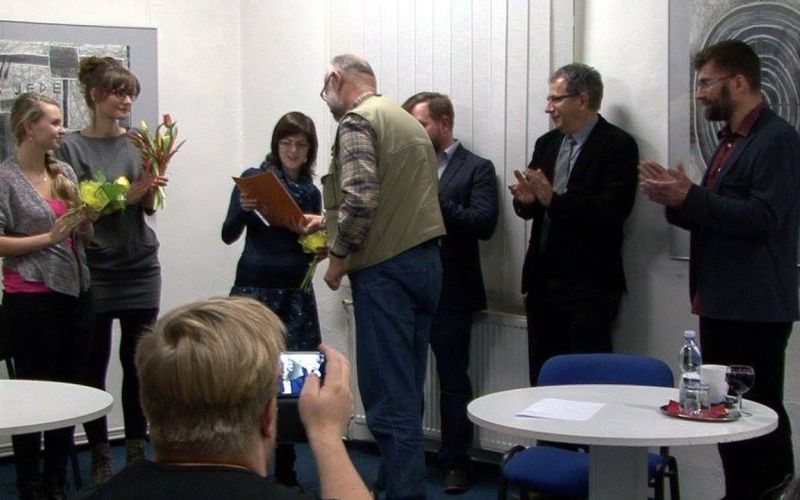
In the first years of its existence, the department carried out a service function and taught social sciences for the University of Mechanical and Textile Engineering. The Department of Philosophy was incorporated into the newly created Faculty of Education and began, in line with the idea behind the university, to provide teaching in the social sciences at all of the Technical University’s faculties apart from the Faculty of Architecture. It is also involved in teaching at the Centre for Continuing Education and the Institute of Health Studies.
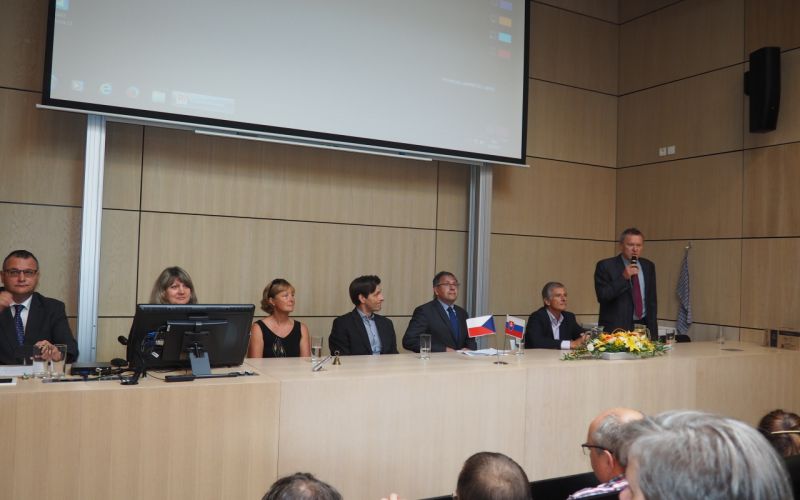
In August 1991, in an atmosphere of concern for the joint state, the first seminar on Czech-Slovak relations was held in Liberec. It was initiated by the Czech-Slovak Understanding Movement and organized by the staff of the newly created Faculty of Education in Liberec, the North Bohemian Museum and the Institute for Contemporary History of the CAS. This created a traditional event that is unique not least for its long-term continuity.
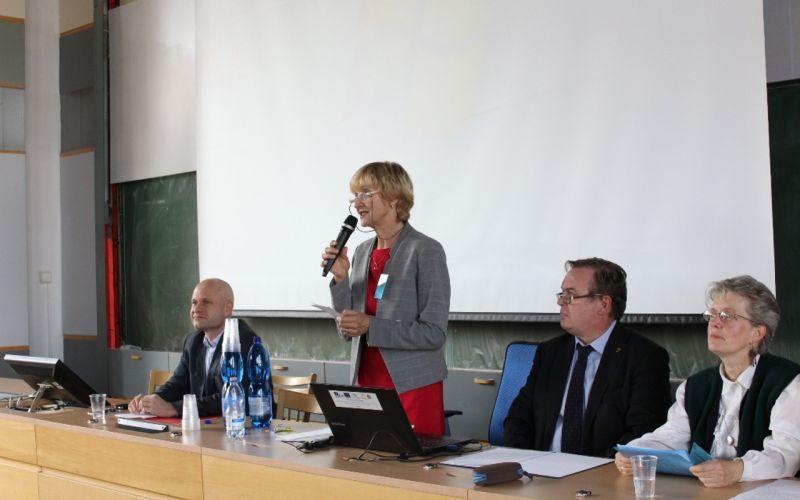
The Department of English arose from the English section of the then Department of Social Sciences and Languages. Right from the start, it had a distinctively international character. At that time, it was taught by three Czech teachers and otherwise by foreign lecturers from organizations such as the British Council, the United States Information Service (USIS), the East European Partnership and the Peace Corps. Some foreign lecturers have made significant contributions to the department’s profile. Elements of the teaching program for academic writing by American lecturer Donna Sarvay are still used by the department today. Back in 2003, another American lecturer - Kevin Mactavish - was already using Moodle extensively, and, thanks to his inspiration, the department was one of the pioneers of this electronic form of teaching at the university. Nowadays, too, the department’s staff is very international.
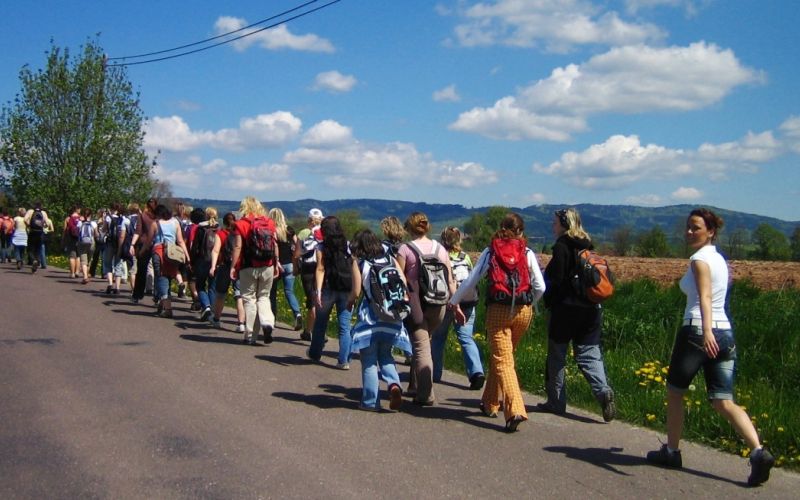
The Department of Czech Language and Literature was set up as an independent department in 1992. Right from the start, the department’s members focused their scientific research activities on regional issues.
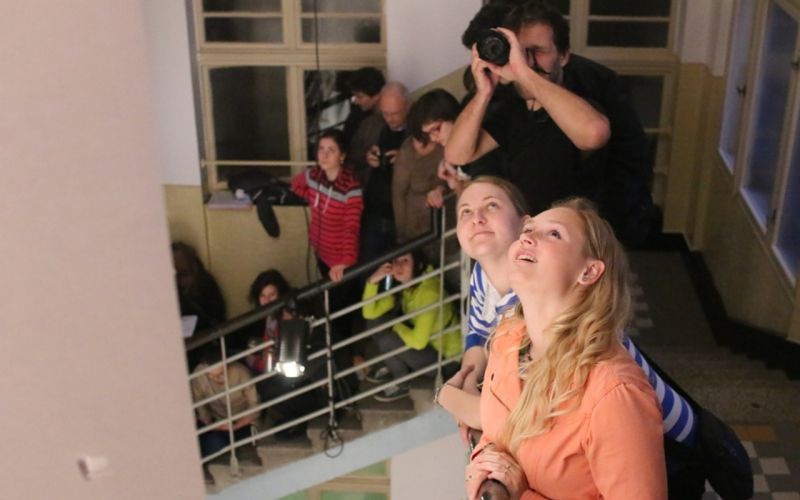
The Department of German has a young working team, foreign teachers and lecturers (DAAD). We have close working contacts with the University of Dresden (TUD and Mittleuropazentrum), and we help arrange foreign scholarships that can also be taken as part of a given study programme.
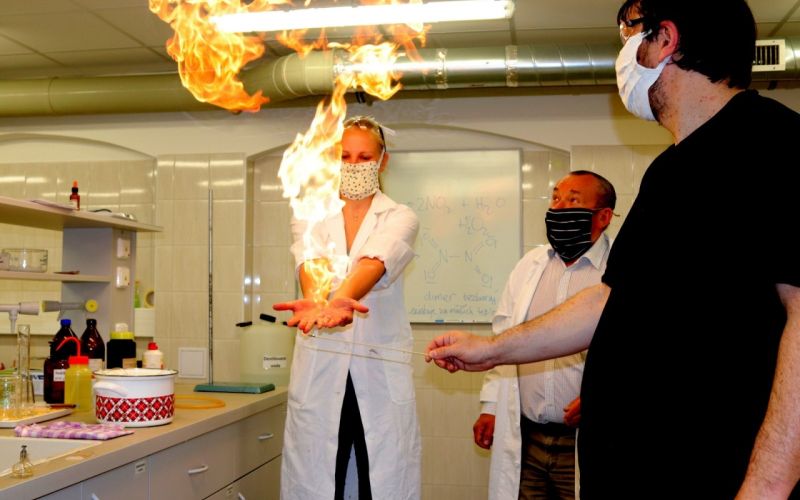
Apart from teaching chemistry, we also provide science teaching and two engineering study programmes: Nanotechnology and Bioengineering. To be specific, Nanotechnology is led under the Faculty of Mechatronics and Interdisciplinary Studies. What’s more, we also provide teaching about the environment and global issues for the entire university.
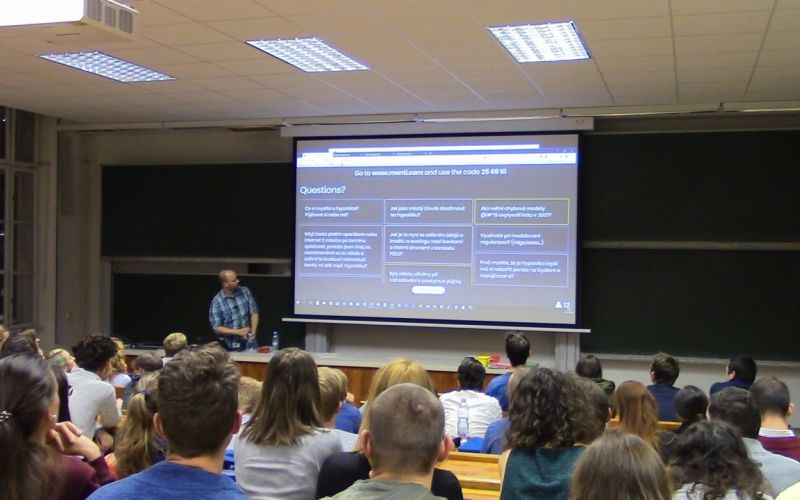
The Department of Mathematics was set up in 1953 at the same time as the University of Engineering in Liberec (since 1960 the University of Mechanical and Textile Engineering) and was later divided into several parts, one of which is the Department of Mathematics and Mathematical Education (KMD).
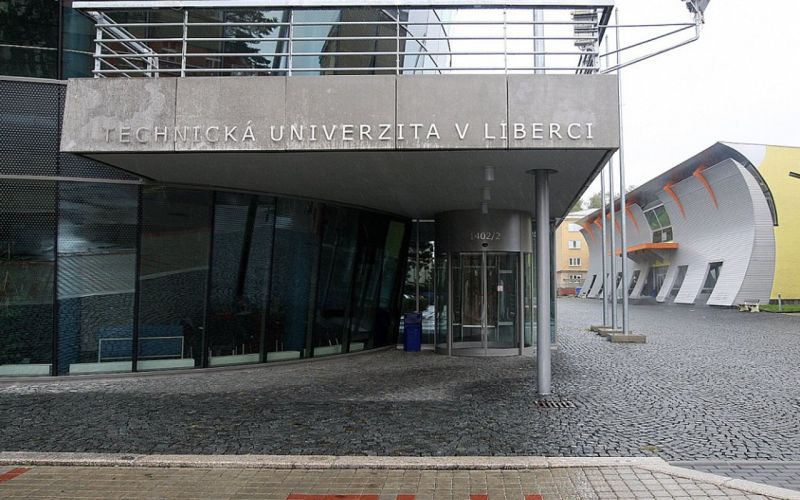
The University in Liberec was established by government decision of 27 February 1953 as the University of Engineering (VŠS). The building of the former F. X. Šalda School in Hálkova Street was freed up for the new college. On 1 October 1953, a total of 259 students entered the first year of the newly opened college. The school focused on those industries typical for North Bohemia: engineering, textiles, clothing, glass and ceramics.
By Government Decree No. 120/60 Coll. of 5 September 1960, the school was divided into the Faculty of Mechanical Engineering and Textiles and became the University of Engineering and Textiles in Liberec (VŠST). From 1990-1994, four more faculties were established: the Faculty of Education (1990), the Faculty of Economics (1992), the Faculty of Architecture (1994) and the Faculty of Mechatronics, Informatics and Interdisciplinary Studies (1995). The original name no longer corresponded to the university’s focus and character, therefore, on the basis of Act No. 192/1994 Coll. of 27 September 1994, the University of Engineering and Textiles in Liberec could use the name Technical University in Liberec as of 1 January 1995.
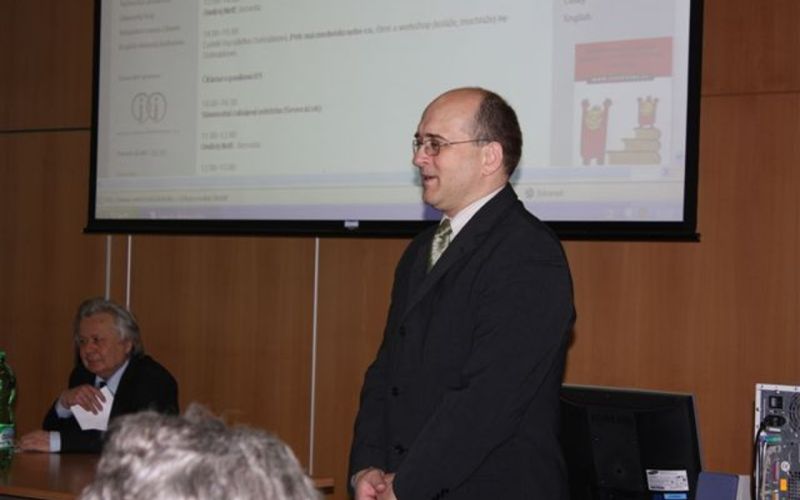
The Contemporary Literature for Children and Youth conference was born out of an almost immediate impetus at a conference on children's literature in Brno. It was organized by the Faculty of Education of Masaryk University in Brno.
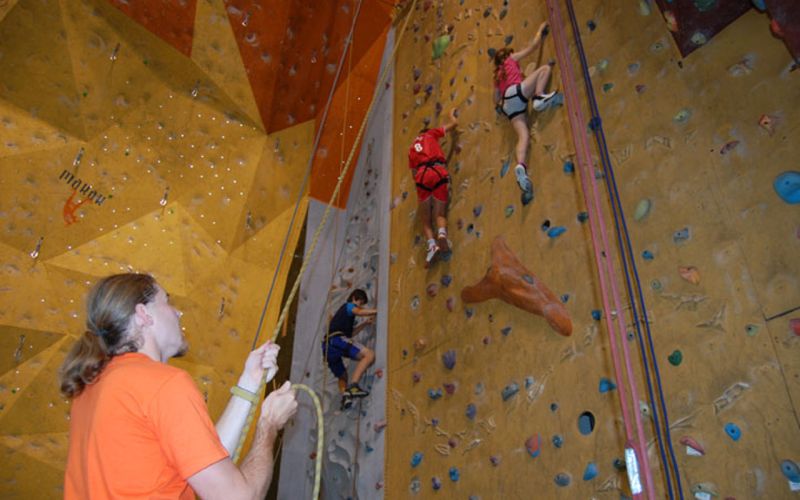
The first "Weeks of Movement through Play", an event for school-age children, was organized In 1996 in the Sports Complex of the Technical University in Liberec. The event was held for the next seven years as part of the Czech Ministry of Health’s “Health Promotion Projects” and was aimed at kids who do not play sports and are not very physically active. As the years went on, there was growing interest in this all-weekend event with its active movement programme with around 1500 children aged 6 to 15 taking part annually.
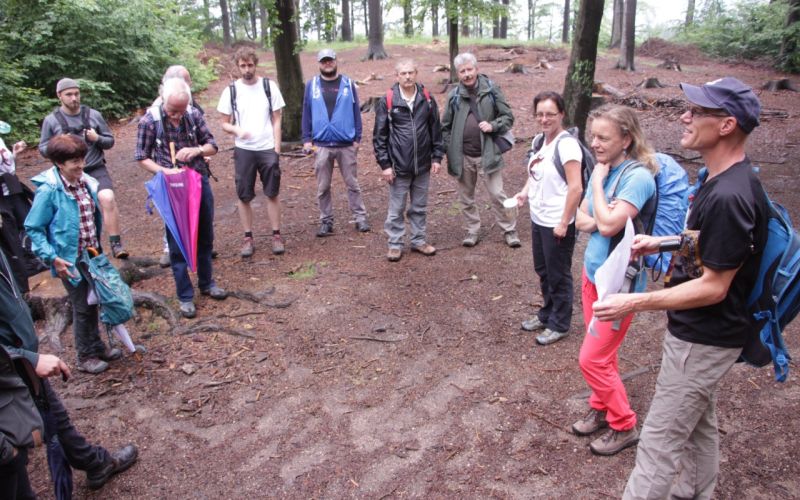
In the academic year 1997/98, a master's degree in physical education and geography was opened at the Faculty of Education of the TUL and at the same time the Geography Worksite started its activity. After one year, this worksite was transformed into a department.
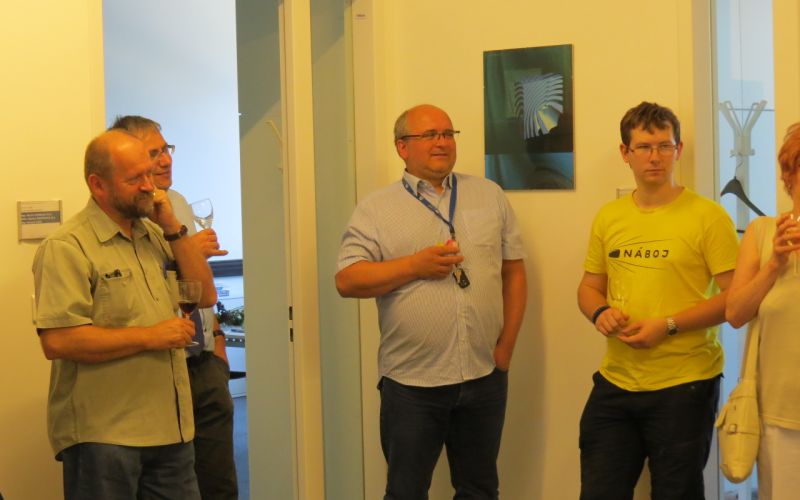
The Department of Applied Mathematics was set up in 1998 by merging two mathematically-oriented departments - the Department of Discrete Mathematics and Statistics and the Department of Numerical and Applied Mathematics.
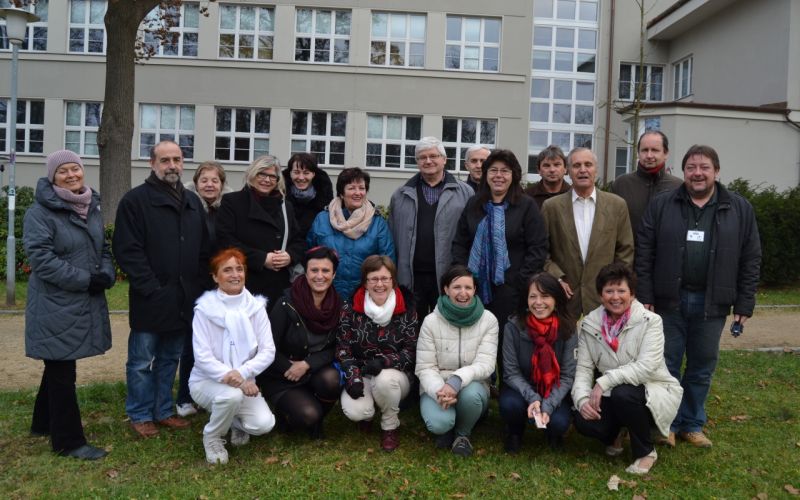
The newly established "Department of the National School" concentrated its professional team mainly in the field of artistic pursuits and the Czech language. The founder and the first head of the department was Assoc. PaedDr. Olga Roztočilová, CSc.
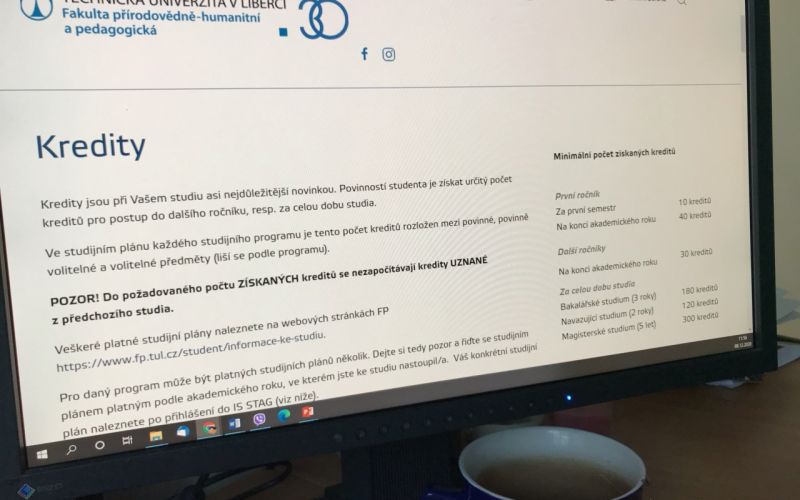
A credit system was introduced at the University for the first time in the 2003/2004 academic year.
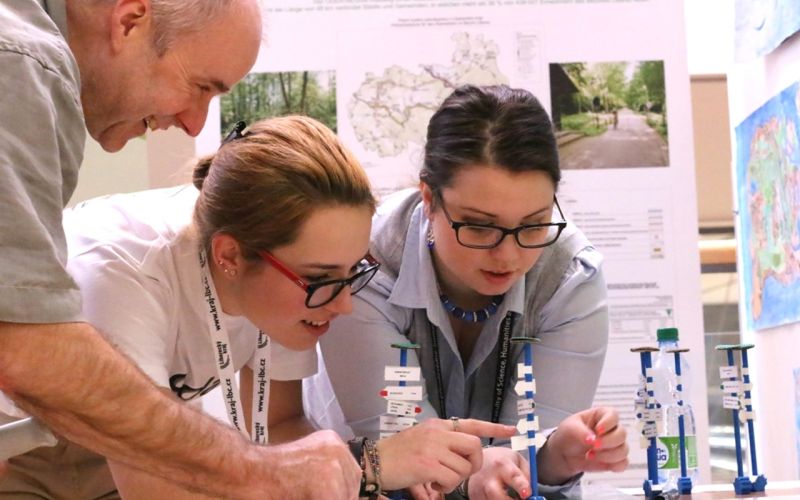
GIS (Geographic and Information Systems) Days is a showcase of dozens and hundreds of maps showing different views of the cities and landscapes around us. The event is primarily intended for primary and secondary school pupils and university students, but also for the general public.
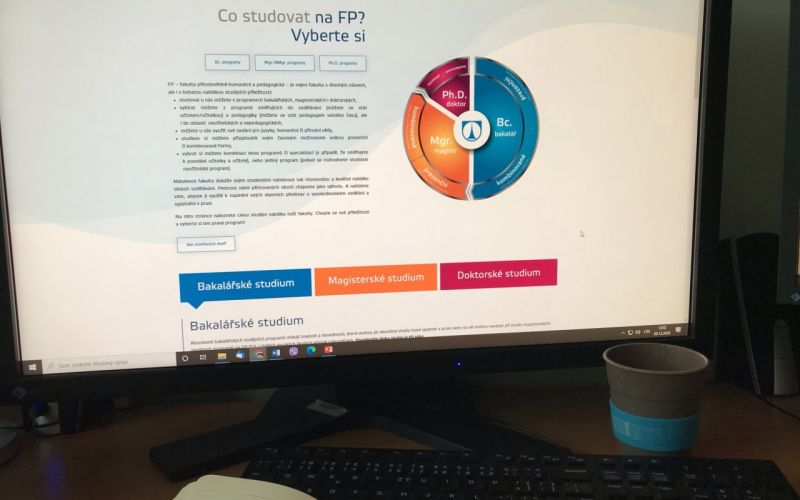
The 1999 signing of the Bologna Declaration by ministers from 29 European countries, including the CR, significantly improved integration efforts in the field of higher education in Europe. The Bologna Declaration set out six specific objectives to be met by 2010:
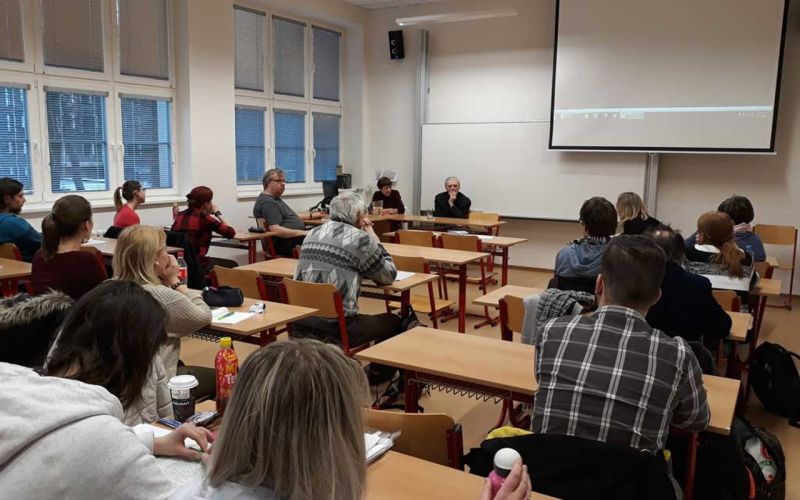
The department cooperates in training, teaching and research work with similar workplaces in the Czech Republic and abroad. There is significant permanent cooperation with regional professional institutions (archives, museums, galleries, the National Heritage Institute and its branches), whose staff participate in teaching. Another result of this cooperation is the peer-reviewed periodical Fontes Nissae, published regularly since 2000.
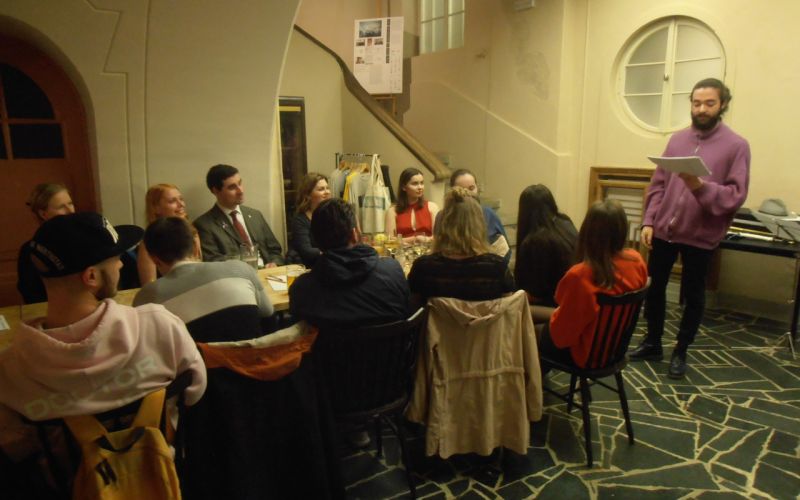
The Department of Romance Languages was set up in 2007 by the transformation of the Department of French.
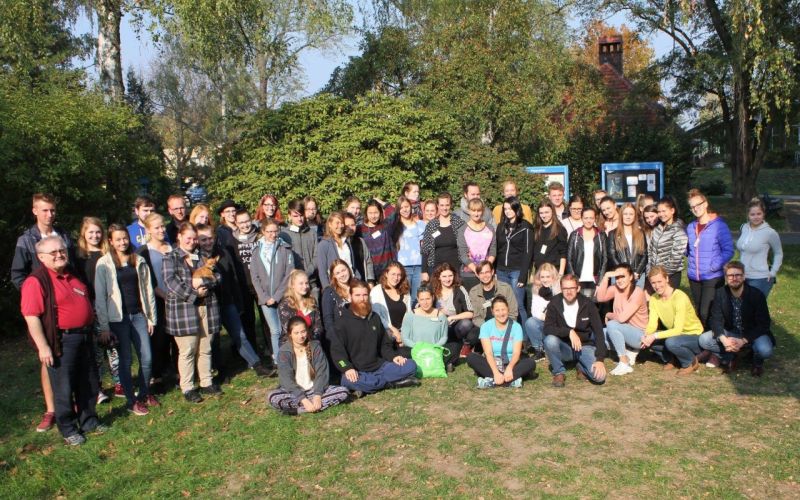
The Department of Social Studies is interested in the fields of social work and special education.
The new workplace has taken off relatively quickly in each of its fields, both educationally and scientifically. Since 2006, the department has been a member of the Association of Educators in Social Work and is also a full member of the European Association of Schools of Social Work (EASSW) and the International Association of Schools of Social Work (IASSW). The department’s members try to maintain an international dimension to their activities - they have cooperated with Linnaeus University in Sweden, Samford University in Alabama and the Hochschule Zittau/Görlitz in Saxony. At the national level, the staff at the department manages to maintain intensive cooperation with practice, both in state and non-state organizations. One of the benefits is the transfer of practical experience and tried and tested know-how to the lessons, likewise this gives students the opportunity to undergo professional practice with real benefit.
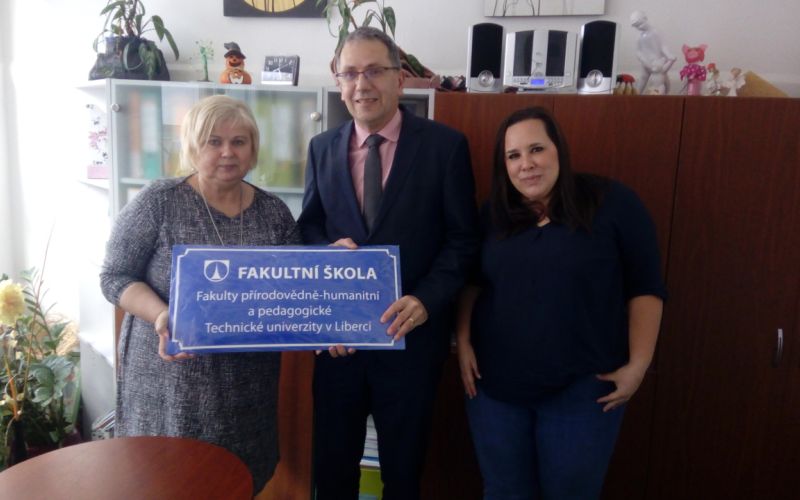
The Centre of Practical Training, now the Department of Pedagogical Practice, provides conceptual, organizational and administrative pedagogical practice for the majority of the study programmes with a pedagogical-psychological module in their study plan.
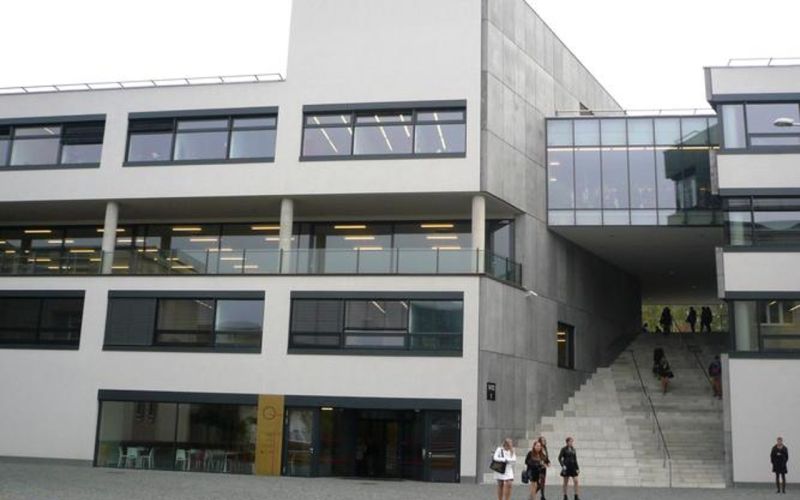
With the expansion of the number of accredited programmes and fields of study, there came an increase in the number of students and staff and the establishment of professional departments, and the management of the University and the Faculty agreed that the name Faculty of Science, Humanities and Pedagogy more appropriately characterizes and describes the Faculty’s expanded professional focus, which, in addition to the traditional teaching programmes and fields of study, also offers bachelor's and postgraduate programmes and fields of study with a professional, non-teaching focus. At the same time, the name also implies the three main directions of the scientific research aims of the faculty and its individual departments.
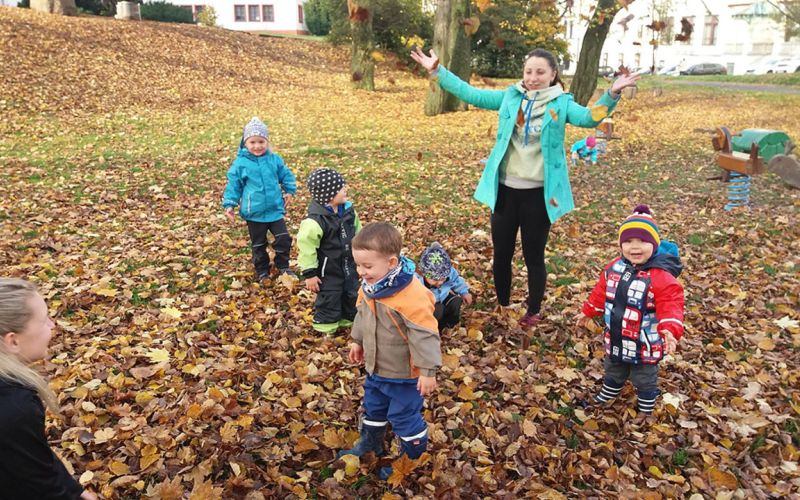
Thanks to the helpfulness and support of the university, an idea to help mothers (students and lecturers) to manage the care of their small children without having to give up their studies or scientific work, the Children's Corner with nannies came into being. The Technical University of Liberec had such a facility. It is the second in the Czech Republic to do so, after the Faculty of Social Studies in Brno. The TUL Children's Corner is partly subsidized by the university as part of the employee bonuses.
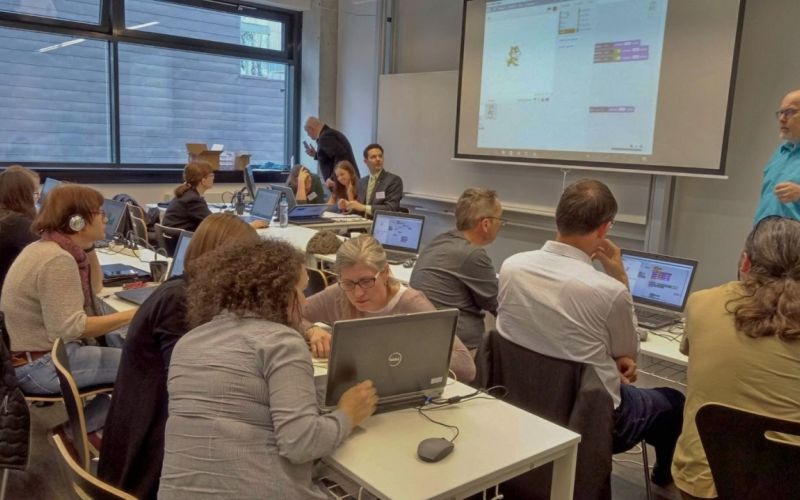
The first time the ICT department could be found in the “Blue Book” with the curricula was under the Department of Physics for the academic year 2004/2005. For the academic year 2006/2007, this department had moved to the Department of Social Studies. Today, the ICT department is incorporated into the Department of Applied Mathematics. The department has gradually become involved in several projects. It continues to teach a course for the faculty as a whole focused on developing digital literacy, called Electronic Document Processing. Moreover, it has gradually taken over the teaching of some other subjects focused on the general use of digital technologies in education and further strengthened the didactic component of its profile.
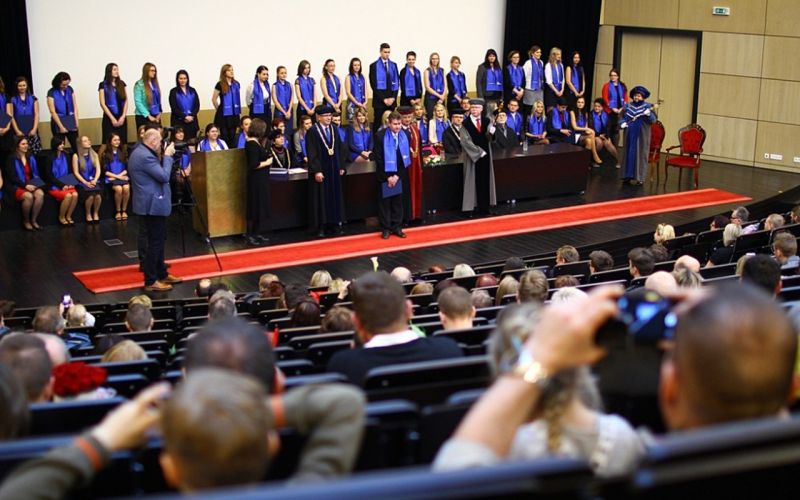
As it developed, the number of students at the faculty grew rapidly in the early years of its existence. In 1997, with 1033 students, the Faculty of Education became the largest faculty of the Technical University of Liberec. After a decade of its existence, the number of students had reached almost 1500. The continuing increase in the number of undergraduates brought further massification of higher education in the CR and its structuring in the first decade of the new millennium. The highest number of students at the faculty was recorded at the beginning of the academic year 2010/2011, when it exceeded the threshold of 3000, i.e., 3048 undergraduates. It is an interesting fact that the faculty recorded the highest number of applications in 2005, 3703, but enrolled the highest number of first-year students in 2007, that being 1177.
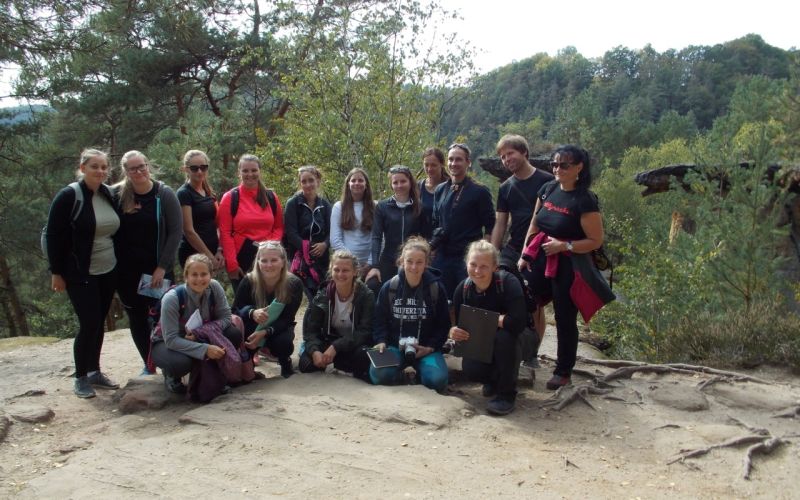
From the academic year 2019/2020, the Faculty of Science, Humanities and Education of the Technical University of Liberec has been teaching a new accredited field of study - Natural History with a Focus on Education as a bachelor's degree and from the academic year 2020/2021 the study programme Teaching for the 2nd Stage of Primary School (PS) as a master's degree.
The main objective of establishing this field is the long-standing lack of qualified science teachers. Students are now offered a combination of science with chemistry, geography, physics, mathematics or physical education.
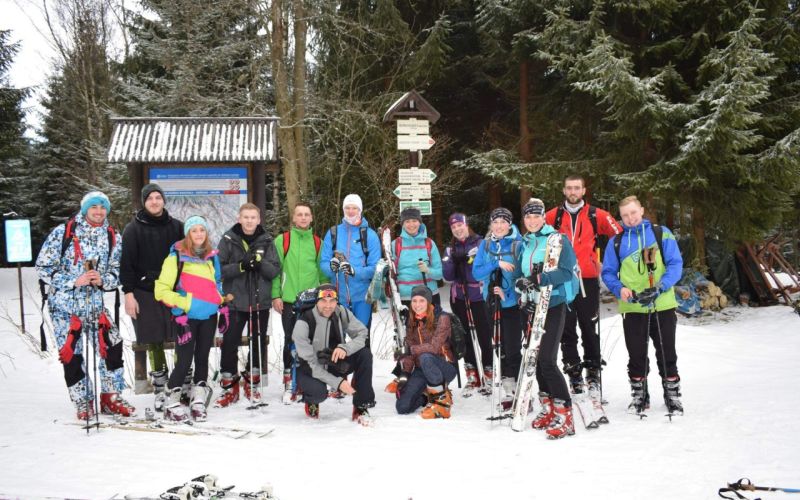
The Department of Physical Education and Sport (KTV) was first established in Liberec as an independent department in 1953, at the same time as the University of Engineering was founded. Until 1990, it taught general physical education and sports at the faculties of engineering and textile. With the establishment of the Faculty of Education at the University of Engineering and Textiles in 1990, it was transformed into a department.
Interviews with graduates
Absolventka FP TUL zvítězila v soutěži Czech Envi Thesis
Absolventka katedry primární a preprimární pedagogiky (KPV) Anežka Nejedlová zvítězila v celostátní soutěži Czech Envi Thesis, která oceňuje bakalářské a diplomové práce z oblasti životního prostředí.
Do soutěže bylo přihlášeno celkem 54 prací z českých univerzit a celkovou vítězkou se stala právě naše absolventka Anežka Nejedlová se svou diplomovou prací Český ráj: krajina mého domova. Práci vedl vyučující Dominik Rubáš.
Rozhovor s absolventem Martinem Maškem
O Vánocích 2024 objevil absolvent našeho bakalářského studijního programu Aplikovaná geografie (a brzy také absolvent navazujícího magisterského programu), astronom Martin Mašek, novou kometu, která dnes nese jeho jméno. Unikátní objev učinil překvapivě na dálku ze svého domova v Liberci, odkud ovládal dalekohled umístěný v argentinské observatoři Pierra Augera.
Diskuze s absolventy: O křehké duši začínajících učitelů
Na setkání s našimi absolventy Ondřejem Hamplem a Martinem Adamcem, které jsme uspořádali v rámci projektu Pedagogický dialog (realizovaný díky podpoře MŠMT a programu Na učitelích záleží), sice padly otázky na peníze a na to, zda se učením dá skutečně uživit, ale hlavním předmětem zájmu bylo spíš něco jiného. Adepti učitelského povolání na besedě se svými staršími kolegy, stávajícími učiteli, diskutovali především o trnitých cestách začínajících učitelů. Co může mladé lidi odradit od učení? Přítomní se shodli, že samotná výplata to asi nebude.
Diskuze s učiteli: Jak překonat strach z chyby
V rámci našeho projektu Pedagogický dialog, který jsme na podzim realizovali díky podpoře MŠMT a programu Na učitelích záleží, jsme pro naše studující i uchazeče zorganizovali workshopy s učiteli, kteří prošli naší fakultou. Diskuze s našimi absolventy Petrem Desenským a Ondřejem Hamplem a didaktičkou Michaelou Kotenovou se zaměřily také na problematiku strachu z chyby, který často brání efektivnímu učení a rozvoji.
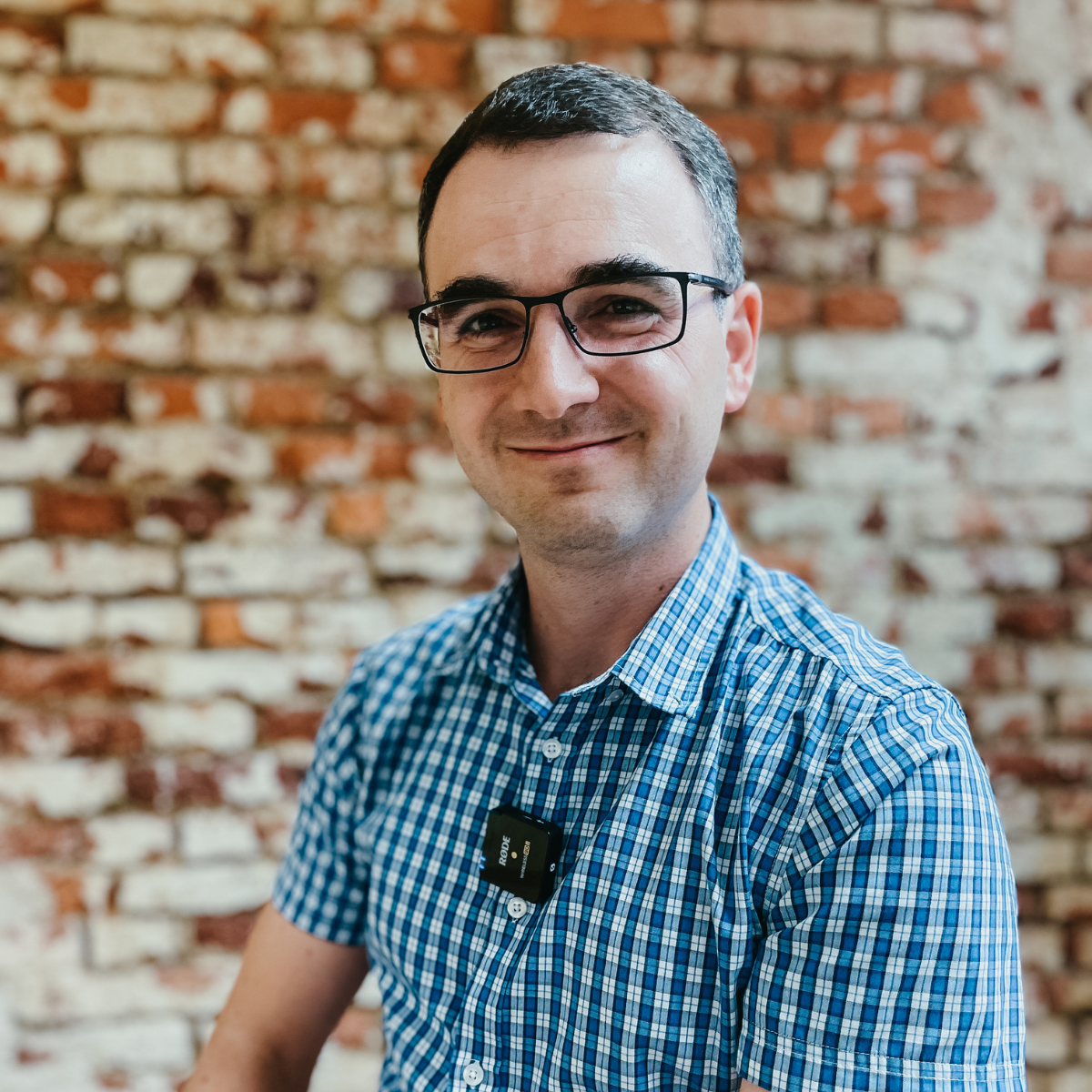
Rozhovor s absolventem Martinem Adamcem
Mgr. Martin Adamec je inspirativním učitelem a zástupcem ředitele ZŠ a ZUŠ Jabloňová v Liberci a zároveň naším absolventem. Alex Röhrich si s ním v našem PedCastu povídal mimo jiné o jeho zkušenostech jakožto doprovázejícího učitele nebo o jeho vlastní cestě k učitelství.
Přečtěte si část jejich rozhovoru:
Naši fakultu jste absolvoval před šesti lety, od té doby učíte. Považujete se ještě za začínajícího pedagoga, nebo už se už cítíte jako mazák?
Jako mazák se necítím, ale jako začínající učitel už taky ne. Jsem něco mezi.
Chtěl jste být vždycky učitel?
Poprvé mě to napadlo ve čtrnácti, patnácti letech a od té doby jsem o tom nepochyboval. Okamžitě jsem cítil, že je to dobrý nápad, dobře to zní a hrozně se mi to líbí.

Rozhovor s absolventkami Kristýnou Holubovou a Anastázií Vondrovou
Mgr. Kristýna Holubová, třídní učitelka na střední průmyslové škole, a Mgr. Anastázie Vondrová, třídní učitelka na základní škole, jsou našimi poměrně čerstvými absolventkami, obě s aprobací čeština–angličtina. Alex Röhrich si je pozval do našeho PedCastu, v němž si s nimi povídal mimo jiné o tom, jak je studium na FP TUL připravilo na jejich učitelské povolání.
Přečtěte si část jejich rozhovoru:
Obě jste se hned napoprvé staly třídními učitelkami – Stázka na základní škole, Krista na střední průmyslové škole. Jaké to je?
Kristýna: Třídnictví mě těší, protože ta třída je pro mě něco jako rozšířená rodina. Chtěla bych jim být dobrou průvodkyní, a hlavně někým, kdo je nějakým způsobem drží pohromadě. Chci jim pomoct, aby si střední školu co nejvíc užili a zároveň si odnesli co nejvíc. Samozřejmě se s tím pojí i spousta výzev, spousta těžkých úkolů, ale myslím si, že se to všechno dá zvládnout.
Anastázie: Já si myslím, že třídní učitel si je s žáky podstatně bližší, takže si s nimi tvořím bližší vztah. Druhý stupeň na základce je takové citlivé období, začíná puberta. Doufám, že jim s těmi citlivými tématy budu moct poradit, pomoct. Jsem tam pro ně.
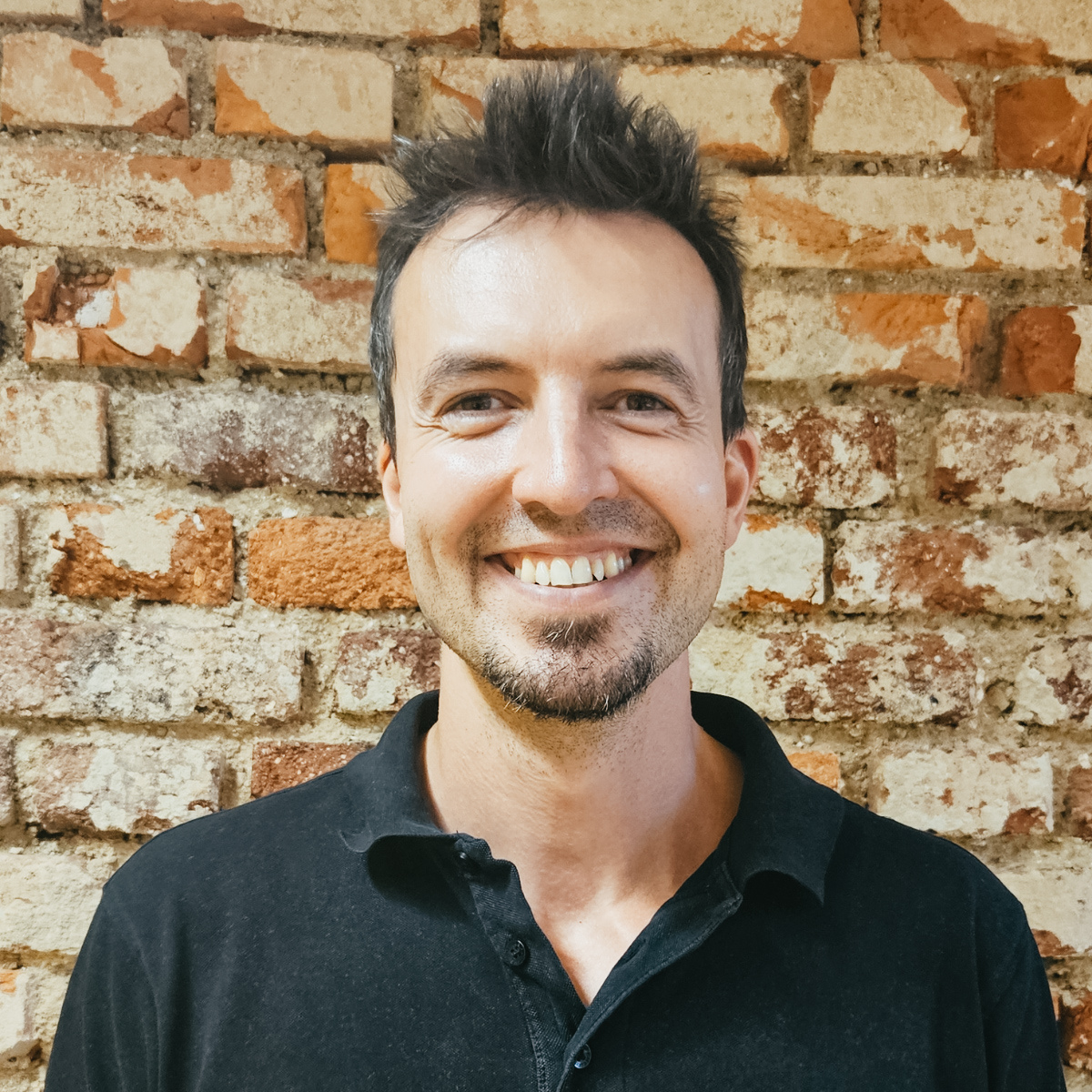
Rozhovor s absolventem Ondřejem Hamplem
Mgr. Ondřej Hampl je velmi inspirativním ředitelem prvostupňové Základní školy Donín a také naším absolventem, kterého Alex Röhrich vyzpovídal v našem PedCastu.
Přečtěte si část jejich rozhovoru:
Jak ředitel školy kromě veškeré administrativy navíc vlastního učení a zvládá ještě i to, že by se měl starat o svoje vyučující?
Teď už to zvládám líp. Původně jsem neměl zástupce, ale teď je to asi dva roky, co mám paní zástupkyni. Mně se hrozně ulevilo, protože už na to nejsem sám, a je to neuvěřitelná pomoc.
Mluví se o tom, že by se školy do určité velikosti měly sloučit s jinými školami. Základní škola Donín, kde pracujete, patří spíš k malým školám, je to prvostupňová škola. Jak se na to díváte vy? Mají takové malé školy smysl?
Já chápu, že peněz není nazbyt, ale mrzí mě, že se uvažuje právě o sloučení škol. To, co se na jedné ze slučovaných škol podaří, ty skvělé věci, které tam dělají, po sloučení prostě zaniknou. To by mi přišlo škoda.
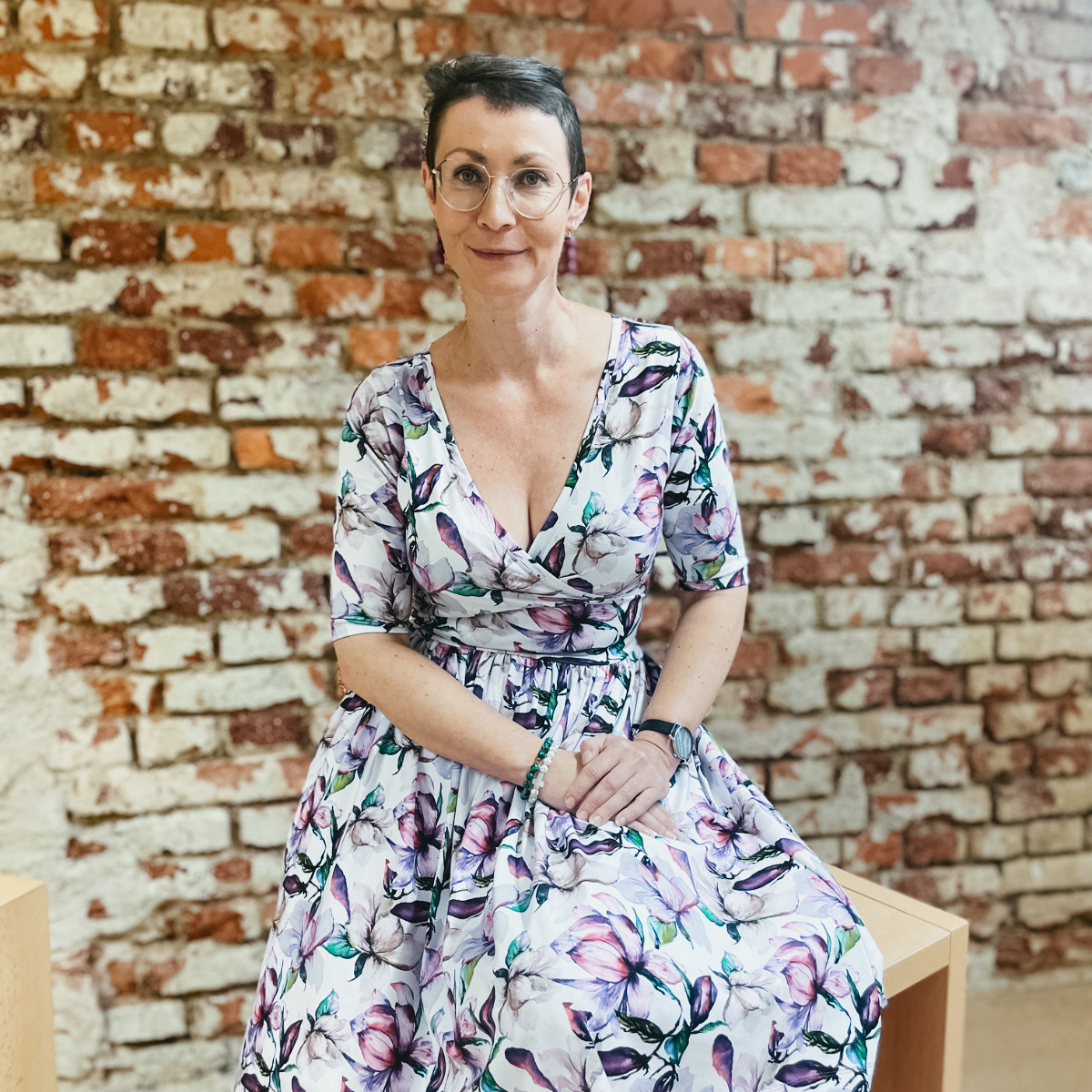
Rozhovor s didaktičkou Michaelou Kotenovou
Mgr. Michaela Kotenová je učitelkou na Gymnáziu F. X. Šaldy a zapálenou didaktičkou. Protože je velmi inspirativní, Alex Röhrich si pozval do našeho PedCastu, aby ji vyzpovídal.
Přečtěte si část jejich rozhovoru:
Jak berou mladí lidé, které vídáš na praxích, učitelské povolání?
Berou ho hodně vážně, berou ho jako práci, jako poslání. Možná někdy taky jako radost, protože i během prvního roku jsou vidět poměrně velké posuny ve vztahu, který můžou s žáky navázat. Když se dokážou etablovat v prostředí konkrétní školy, navázat spolupráci se svými kolegy může být vidět poměrně velký progres. Protožez mého pohledu vždycky jinak funguje student, který do školy dochází buď na průběžnou nebo na souvislou praxi, a jinak zaměstnanec školy, který se v tom prostředí už zorientuje, už se v něm vyzná a může s žáky nebo s kolegy pracovat kontinuálně.
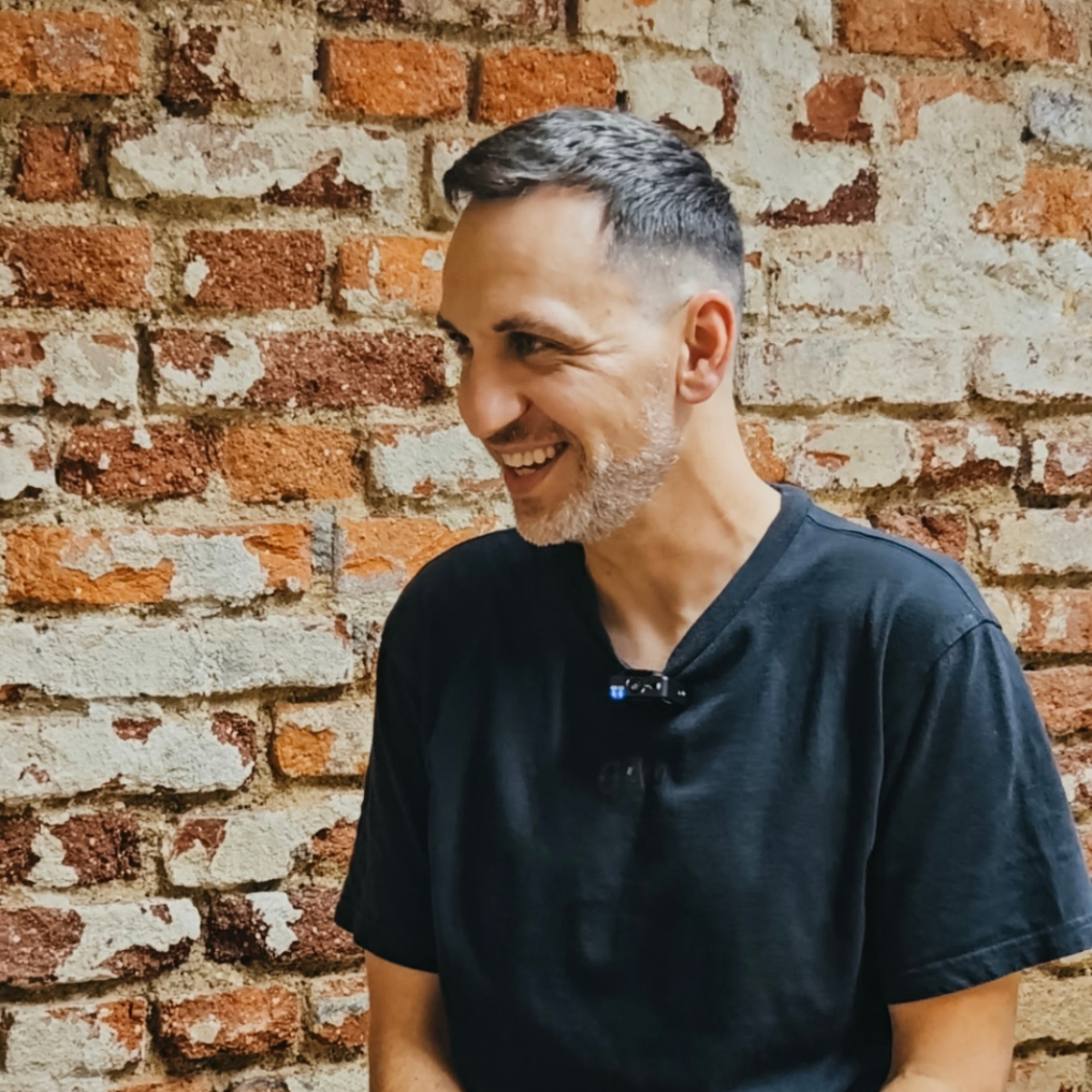
Rozhovor s absolventem Petrem Desenským
Mgr. Petr Desenský je třídním učitelem na ZŠ Vrchlického v Liberci, dlouholetým popularizátorem vědy v iQLANDII a také naším absolventem. Alex Röhrich jej jakožto inspirativního učitele vyzpovídal v našem PedCastu.
Přečtěte si část jejich rozhovoru:
Vaše cesta za učitelstvím byla trošku klikatější – začal jste studiem na ČVUT. Kdy jste se rozhodl, že budete studovat fyziku a matematiku a že to bude tady u nás na FP TUL?
Když jsem se rozhodoval, kam na vysokou školu, to jsem chodil na gymnázium do Poděbrad, dal jsem si tenkrát přihlášku i tady na pedagogickou fakultu na učitelství angličtiny a zeměpisu. Ale můj otec měl firmu na výrobu hasičských aut, takže strojařina pro mě byla jasná volba. Dostal jsem se na fakultu strojní ČVUT. Tenkrát to nebylo nějak moc složité, protože matematika mi docela šla. Nebylo to tam špatné. Zamiloval jsem se tam do fyziky, protože jsme měli vynikajícího učitele, se kterým jsme dělali strašně super věci, a tím si mě získal.
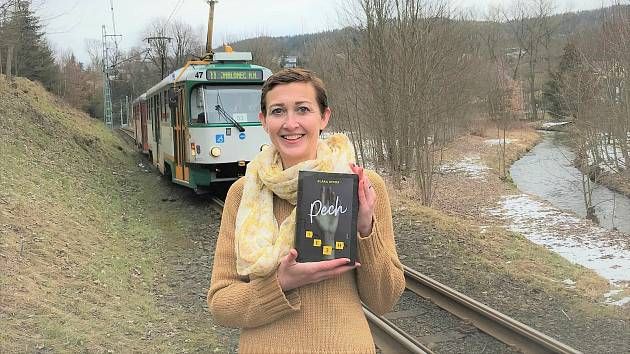
Klára Aycox | KPV
Klára Aycox graduated from our faculty at the Department of Primary Education after studying primary school teaching, and today her name is shaking up the Czech literary world. Her first work, a detective novel titled Pech (Tough Luck), is set in Liberec, but it is not only local readers who are singing her praises. What is she doing now? Writing another book?
